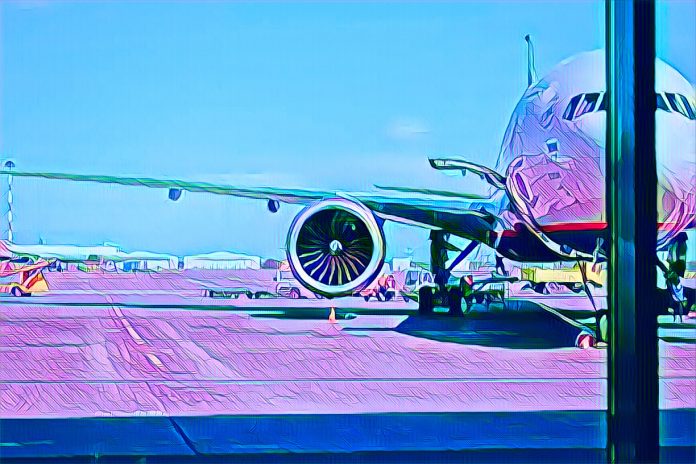Nigeria’s aviation sector is facing an unprecedented crisis, leaving passengers stranded and frustrated. Despite high demand and fully booked flights, airlines are grappling with a severe shortage of aircraft, causing widespread disruptions and cancellations. The situation has highlighted significant challenges within the industry, from maintenance issues to regulatory hurdles, and has called for urgent interventions.
The root of the problem lies in the unexpected grounding of several aircraft for maintenance and safety checks. Airlines like Arik Air, Air Peace, and Dana Air have reported significant portions of their fleets being out of service due to these mandatory checks. “We are committed to ensuring the safety of our passengers, which means we cannot compromise on maintenance,” said Allen Ifechukwu, CEO of Air Peace. “However, this has resulted in a temporary shortage of available planes.”
Adding to the dilemma is the difficulty in obtaining spare parts and the high cost of maintenance, largely attributed to Nigeria’s reliance on foreign suppliers. The devaluation of the Naira and the limited availability of foreign exchange have exacerbated the situation, making it challenging for airlines to maintain their fleets adequately. “The aviation industry is heavily dollarized, and the scarcity of foreign exchange has hit us hard,” Ifechukwu explained.
The Nigerian Civil Aviation Authority (NCAA) has been vigilant in enforcing strict safety regulations, a move applauded by industry experts but criticized by some airline operators as overly stringent. “While safety is paramount, the regulatory environment needs to be more supportive to help airlines navigate these tough times,” said Captain John Ojikutu, an aviation consultant.
Passengers have borne the brunt of the crisis, facing delayed flights, abrupt cancellations, and extended waiting times. Social media platforms are flooded with complaints from frustrated travelers, demanding immediate solutions. “I was scheduled to fly to Lagos for an important business meeting, but my flight was canceled without any prior notice,” lamented Chinedu Okeke, a frequent flyer. “This is unacceptable and severely impacts our plans.”
To address the crisis, some airlines are exploring temporary measures such as wet leasing aircraft from international operators. Wet leasing involves renting planes along with crew, maintenance, and insurance, providing a stopgap solution to meet immediate demand. However, this option is also costly and may not be sustainable in the long term.
The government has acknowledged the crisis and is considering various measures to support the aviation sector. One potential solution is providing financial aid or subsidies to airlines to help cover maintenance costs and procure necessary spare parts. Additionally, there are discussions about establishing a more favorable foreign exchange policy for the aviation industry. “We are aware of the challenges and are committed to finding solutions that ensure the smooth operation of our airlines,” said Hadi Sirika, Nigeria’s Minister of Aviation.
Industry stakeholders are also calling for the development of local maintenance, repair, and overhaul (MRO) facilities to reduce dependence on foreign service providers. Building domestic MRO capabilities could significantly lower costs and improve turnaround times for aircraft maintenance. “Investing in local MRO facilities is a strategic move that could transform our aviation sector,” noted Captain Ojikutu. “It’s a long-term solution that would benefit the industry immensely.”
Despite the current turmoil, there is optimism that the situation will improve with concerted efforts from the government, regulatory bodies, and airlines. Strengthening the aviation infrastructure, fostering better regulatory support, and enhancing financial mechanisms are critical steps towards a more resilient industry.
As Nigeria navigates this aviation crisis, the resilience of the sector is being tested. The hope is that these challenges will drive transformative changes, leading to a more robust and reliable aviation industry. For now, passengers and airlines alike must navigate the turbulent skies, with the assurance that efforts are underway to restore normalcy and efficiency.
Source: businessday.ng



